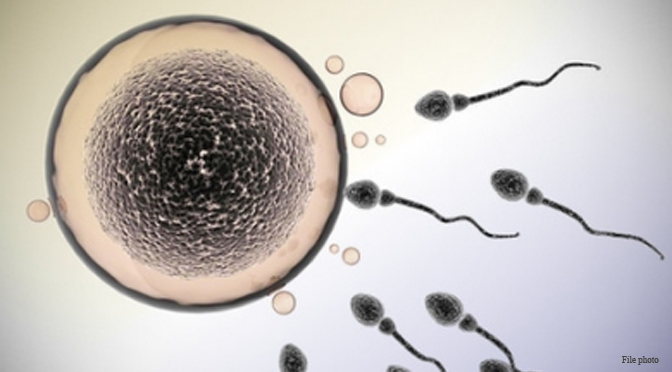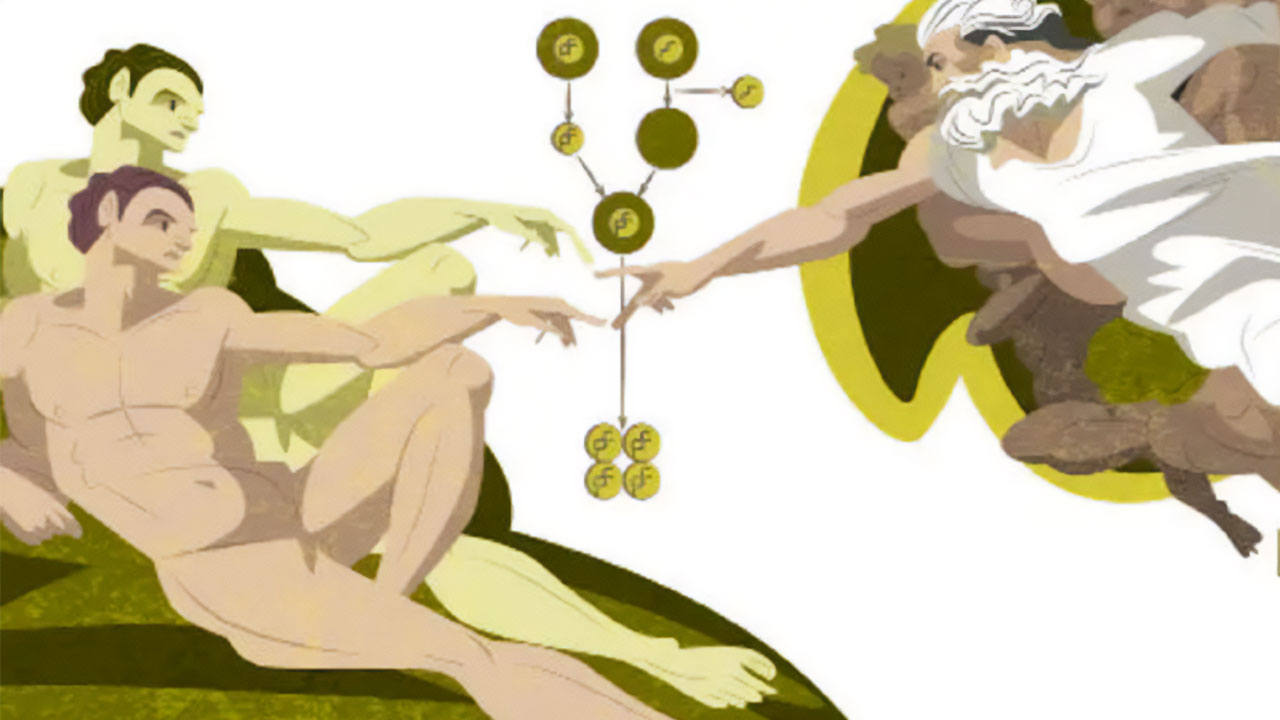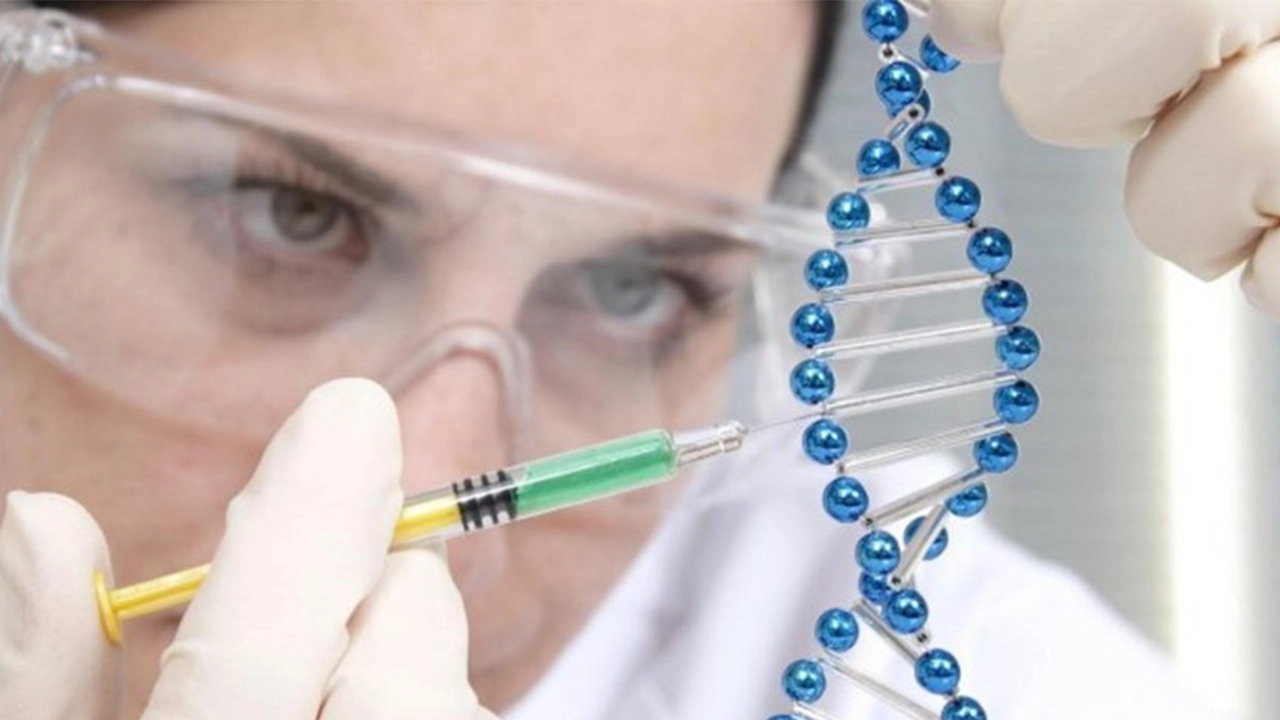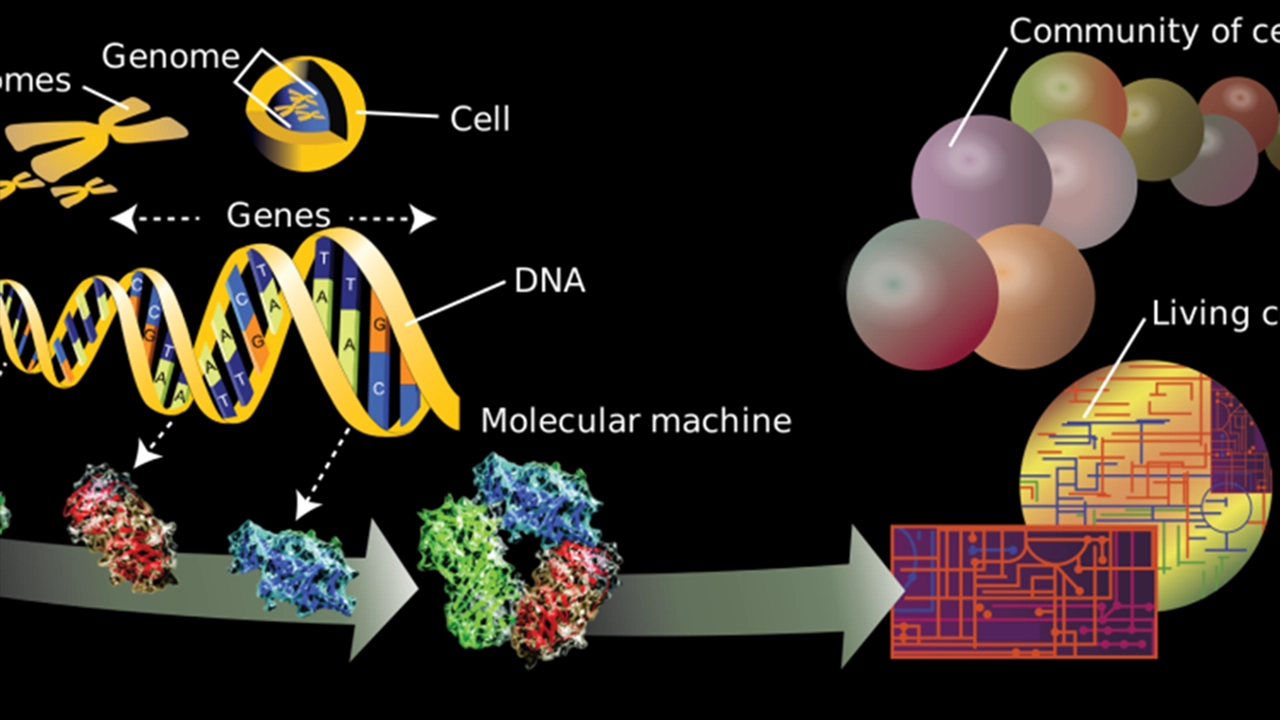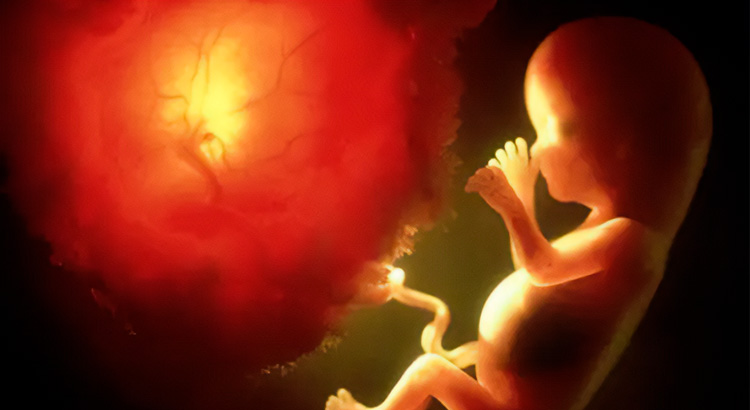Question:
With my future husband, we attended one of the talks that is required of every couple in our diocese who wants to marry in the Church. They are obligatory.
Although we were not totally happy with the content of the previous talks, the one we heard yesterday left us totally perplexed since the priest, speaking of artificial fertilization, stated that if embryos are cared for and doctors have certain ethics, the Church allows fertilization outside the mother’s womb. I intervened by telling him that the Church did not agree with in vitro fertilization because it is against natural law. He obviously cut me off and insisted that if it was done carefully the Church would allow it because it has been evolving its position in the face of scientific progress.
Both my future spouse and I are professionals, and that is why we could see that there is something strange in these assertions, but I don’t know what the rest of the attendees will think.
Could you tell me what the situation is regarding this issue? A priest friend whom we consulted gave me ‘Donum Vitae’ to read; we would like to know if there is a more recent one since the argument of the priest who gave the talk is based on the fact that the Church has evolved over time.
Thank you very much in advance.
Response:
What that priest affirmed about ‘in vitro’ or ‘out-of-the-body’ fertilization has no magisterial foundation (if he referred to this procedure, which should not be confused with techniques of ‘assisted procreation’: see the note at the end). Rather, it explicitly contradicts the Church’s magisterium. The Instruction ‘Donum vitae’ (of the Sacred Congregation for the Doctrine of the Faith), which you already have, as you tell me, is very clear on this subject and does not need any new documents because your opinion is definitive on this matter. That is why this Instruction does not limit itself to analyzing techniques from the past or contemporary to it, but what is called in ethics a “simple case”. For the same reasons, the so-called “simple case”, that is, a homologous IVF procedure free of any connection with the abortion practice of destroying embryos and along with masturbation, remains a morally illicit technique, because it deprives human procreation of the dignity that is proper and natural to it.
The ‘simple case’ is the ideal case, which in fact has not yet been scientifically achieved, in which all the ‘optimum‘ conditions would be met: only gametes from legitimately married couples are used, no recourse to masturbation, only one egg is used to avoid multiple fertilizations, any abortive practice is ruled out even if malformations are detected in the baby, no recourse to freezing of the embryo, etc. This case (which the technique has not yet reached and may not reach in the more or less near future), continues to be ‘morally illicit’ because the essential moral problem persists: the dissociation of the unitive dimension (normal conjugal act) and the procreative dimension and the degradation of the dignity of the concept to which an act proper to the technique is applied (the ‘making’; acts with which we treat material things) and not of morality (the ‘acting’: the only acts with which a human person is treated with dignity).
You can read the same doctrine in the Catechism of the Catholic Church #2377: “Techniques involving only the married couple (homologous artificial insemination and fertilization) are perhaps less reprehensible yet remain morally unacceptable.”
An affirmation of the same tone, but less explained, is in the encyclical “Veritatis Splendor” #47.
If that priest has some authoritative Church document that says the contrary to these texts, I would be extremely curious to see it.
In Christ and Mary,
Fr. Miguel Ángel Fuentes, IVE
Note: Evidently my judgment refers to In Vitro fertilization, as you say in your letter. I’ve gone on the basis that you have understood the priest well and that he has not confused the terms with what’s called “assisted procreation,” more incorrectly called (or ambiguously called) “artificial insemination” improperly said (which Pius XII and the same Instruction Donum Vitae already say are licit in some cases). See more on this in my article and the excellent article from Msgr. Caffarra.
Original Post: Here
Other Post: Is there any natural method to regulate the birth rate?

